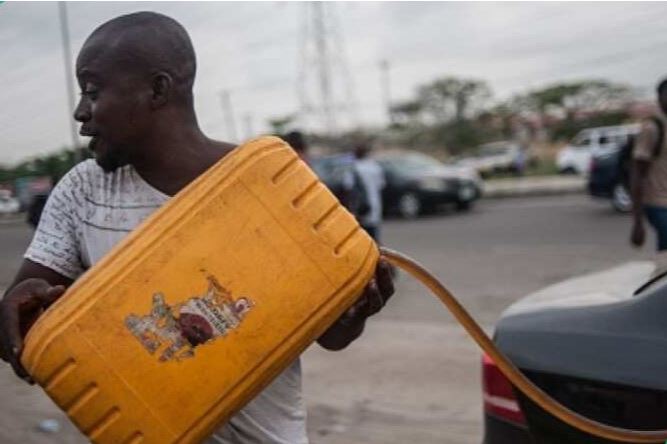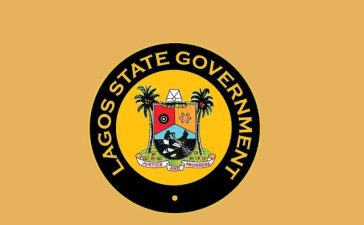As part of its ongoing efforts to curb the smuggling of Premium Motor Spirit (PMS), commonly known as petrol, from Nigeria to neighboring countries, the Federal Government has detained five fuel tankers and sealed three filling stations in border towns. These actions are part of broader anti-smuggling operations conducted by the Nigeria Customs Service (NCS).
It was revealed on Sunday that these operations have significantly impacted fuel supply to various border communities. Over the past two months, the daily fuel supply to these areas has decreased from 32 million litres to approximately 25 million litres. This reduction means that about 420 million litres of PMS, valued at N294 billion (using an average price of N700/litre), have not been supplied to the border states during this period.
The decrease in PMS evacuation to border states, amounting to a 21.86% reduction, was confirmed by the Nigerian National Petroleum Company Limited (NNPCL). This strategic move aims to prevent fuel smuggling, ensuring that the country’s petrol resources are used domestically rather than illicitly transported to neighboring countries.
Actions by Nigeria Customs Service
Abdullahi Maiwada, the National Public Relations Officer of the Nigeria Customs Service, stated that the detained fuel tankers and sealed filling stations have been handed over to the Nigerian Midstream and Downstream Petroleum Regulatory Authority (NMDPRA) for further investigations. This collaboration between the NCS and NMDPRA is crucial for a thorough examination and continued enforcement of anti-smuggling regulations.
The Federal Government’s robust measures are expected to sustain the reduction in fuel smuggling activities, thereby enhancing the availability of PMS within the country. The ongoing operations are part of a broader strategy to stabilize the fuel supply chain, protect national resources, and ensure fair distribution across all regions of Nigeria.
In summary, the Federal Government’s intensified anti-smuggling measures, including the detention of fuel tankers and sealing of filling stations, have led to a significant decrease in fuel supply to border communities. These efforts are aimed at curbing illegal fuel smuggling and ensuring that Nigeria’s petrol resources are adequately utilized within the country.







